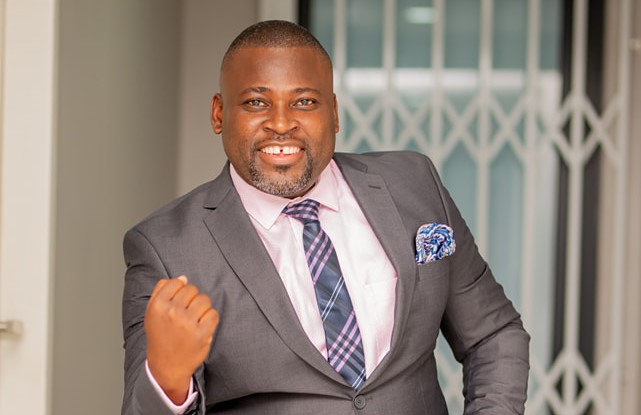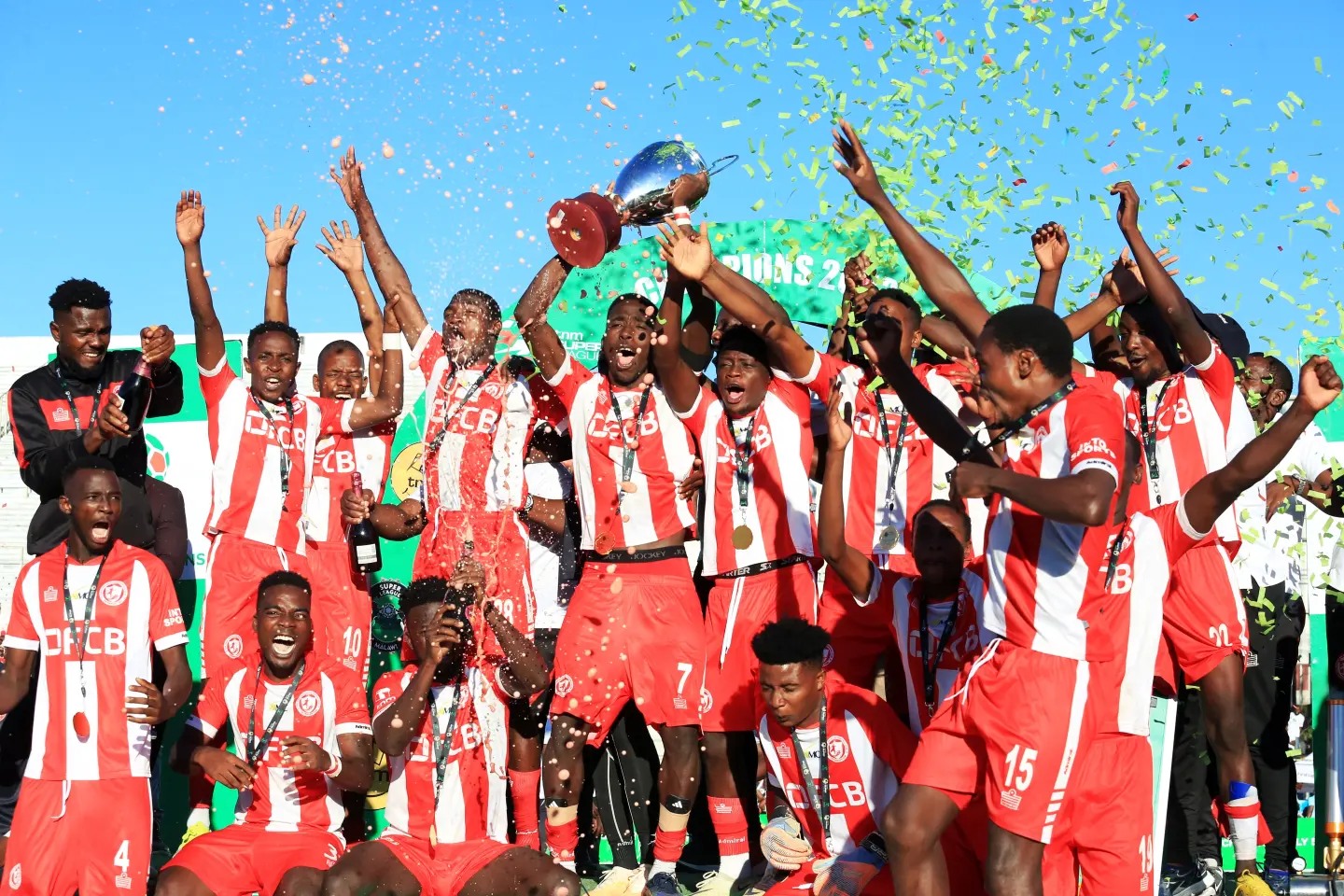Flames’ misery reflects poor club football

As the search for truth about why Flames standards are low continues, FAM has hinted that the team’s poor performance is a reflection of mediocre club football coaches.
Football Association of Malawi (FAM) president Walter Nyamilandu revealed this during the week in reaction to recent Flames unimpressive performances.
Nyamilandu said the problem stems from the fact that the association finds it difficult to send the majority of club coaches for advanced courses because they do not have a sound education background that can enable them to learn and later impart the knowledge to players in domestic competitions such as the Super League.
Former Flames coach Yasin Osman noted that most national team players come from local clubs and, as such, Super League coaches needed to be frequently sent for advanced coaching courses so that they can ably polish and prepare the footballers for national team duties.
“The national team is a mirror of club football. If we develop the quality club coaches, we will automatically produce excellent players for the Flames,” observed Osman, who is a Confederation of African Football (CAF) coaches’ instructor.
But Nyamilandu said they have limited options in selecting coaches for such courses because most of them joined the career without completing their formal education. He said most coaches have Junior Certificate of Education (JCE) as their highest qualification.
He, however, said although sometimes they defy the odds to send the ‘lowly educated’ coaches to international courses, they always get disappointed as most of them fail to apply the knowledge gained.
Nyamilandu said: “We really need to train our club coaches, but their education foundation leaves a lot to be desired. We have limited options on how to improve their skills.”
He added that one purpose of hiring expatriate coaches such as Tom Saintfiet is to let club coaches learn some technical skills to be applied to the improvement of their teams, but it always becomes a challenge because most of them are former players who dropped out of school during their prime,” he said.
But the FAM boss’s observation is contrary to the benchmark Malawi Football Coaches Committee (MFCC) sets for one to apply for a C-licence coaching course.
According to MFCA’s chairperson, John Kaputa, JCE is the minimum qualification to make the grade for the course. The course qualifies one to coach a Super League team.
Azam Tigers coach Leo Mpulula, who was trained in Germany, agreed with Nyamilandu that most club coaches need to go back to school and complete their formal education before continuing their career so as to give local football development a chance.
“Sometimes it is not good to give coaching certificates to individuals just because they were excellent footballers in the past. Most ex-players dropped out of school and became coaches thinking the career is for everybody regardless of education background. I think a Malawi School Certificate of Education (MSCE) should be a requirement for one to be trained as coach,” said Mpulula.
However, Mafco FC coach Stereo Gondwe argued that club coaches should not be denied opportunity to advance their skills just because of their low education.
“One does not necessarily require an excellent education background to become a good coach. Coaching is an inborn talent, not necessarily school,” he said.
For example, prominent trainers such as Osman, Kinnah Phiri, Young Chimodzi and the late Henry Moyo possessed at least diplomas and they held senior positions at companies they worked for.
Kinnah won several trophies with Big Bullets and steered the team to CAF Club Champions League group stages. He was the second local coach to take the Flames to the African Cup of Nations in Angola in 2010.





